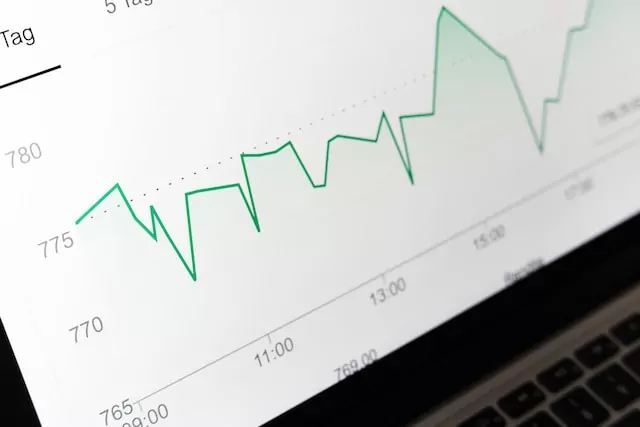Time Tracking Software Market to Grow by Over $2,600 Million by 2027

An approximate USD 2,599.62 million growth is forecasted in the global time tracking software market size from 2022 to 2027, with a projected compound annual growth rate (CAGR) of 15.05%, according to Technavio’s market research report.
Geography
The worldwide time tracking software market exhibits fragmentation, housing various international and local vendors.
During the forecast period, North America is anticipated to hold 41% of the total market share. Overall, the time tracking software market in North America is poised for continued growth, fueled by increasing demand for remote work solutions, advancements in cloud-based technologies, and the presence of major industry players in the region.
Market Dynamics
The software segment of the market, comprising time-tracking applications, dashboards, and interfaces, is expected to experience substantial market share growth in the coming years. These tools enable businesses to monitor employee work hours and manage their workforce efficiently.
The surge in demand for time tracking software is propelled by the growing necessity for managing workforces. Industries like IT, healthcare, retail, and manufacturing are aiming for enhanced productivity, bolstering the market’s growth.
Additionally, the adoption of cloud-based time-tracking software and the rise in remote work practices are contributing factors.
Cloud-based solutions offer remote access to data, reducing the reliance on on-site hardware and software. They provide enhanced flexibility, scalability, and cost-effectiveness for companies of all sizes.
Key Trends
The incorporation of Artificial Intelligence (AI) and Machine Learning (ML) in time-tracking software is a burgeoning trend in the market, anticipated to drive its growth in the forecasted period. These advancements empower time-tracking software to automate tasks, improve precision, and provide immediate insights into workforce productivity.
By leveraging these sophisticated technologies, time-tracking software can analyze historical data and predict future patterns, enabling companies to manage their workforce more efficiently and enhance overall productivity.
For example, AI-enabled time-tracking software can autonomously detect patterns in employee behavior and recommend adjustments to boost efficiency.
Major challenges
During the projected period, data security worries and integration complexities pose significant challenges to the time tracking software market’s growth. With the increasing volume of data collected and stored by these systems, concerns about data protection and security have escalated. Companies must ensure adequate measures are in place to shield their data from cyber threats and unauthorized access.
The diversity in software solutions used by various enterprises creates hurdles in seamlessly integrating time-tracking software with existing systems, potentially resulting in data synchronization issues. Consequently, these complexities may impact the precision of time-tracking data, potentially impeding the global time tracking software market’s expansion in the forecasted duration.



